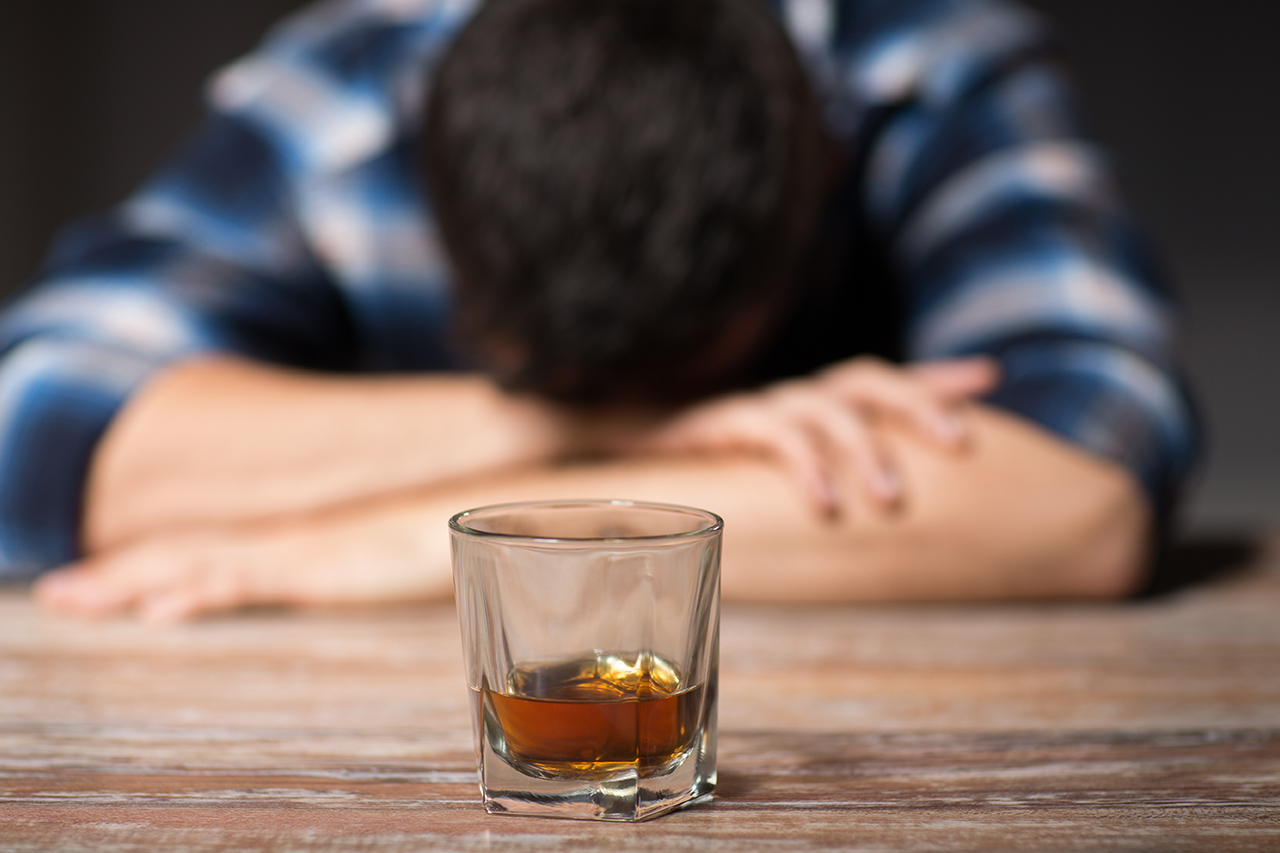


Amitriptyline Withdrawal Symptoms
January 18, 2022Can You Shoot Xanax?
February 9, 2022


Amitriptyline Withdrawal Symptoms
January 18, 2022Can You Shoot Xanax?
February 9, 2022
Blood thinners like Xarelto are designed to prevent clotting in the blood that could lead to a stroke and ultimately save one’s life.
If you’ve ever been prescribed a blood thinner like Xarelto, chances are your doctor advised against mixing it with alcohol. Despite this, research shows that nearly 42% of adults took Xarelto and alcohol together. But can you drink alcohol with Xarelto? Is there a safe amount?
What Is Xarelto?
Xarelto is the brand name for rivaroxaban, which is a type of blood thinner used to prevent and treat blood clots. It’s designed to lower the risk of stroke, deep vein thrombosis (DVT), pulmonary embolism (PE), and other similar conditions that could become fatal.
Specifically, Xarelto reduces your blood’s ability to clot by blocking an enzyme needed for blood clotting called Factor Xa (“10a”). The risk of experiencing DVT is greater in people who have experienced it once before, and people who have had DVT before may take Xarelto to prevent it from recurring.
As with any medication, Xarelto can also produce risky side effects, and bleeding is the most severe. Someone who sustains a serious injury while taking Xarelto may be at an increased risk of bleeding out, so it’s important to receive medical attention right away, even if an injury seems minor.
Can You Drink Alcohol While Taking Xarelto?
To understand when you can drink alcohol when taking Xarelto, it’s important to understand how alcohol works, too. While Xarelto is known for its ability to reduce and prevent blood clotting, many people are unaware that alcohol also acts as a blood thinner.
Alcohol, or ethanol, is found in beer, wine, and liquor. Research has shown that alcohol can act as a blood thinner by reducing the levels of fibrinogen, which is another protein needed for blood clotting. One study, in particular, found that fibrinogen levels decreased by 14% in people who drank one to three alcoholic drinks per day.1
Although the Food and Drug Administration (FDA) label of Xarelto doesn’t explicitly mention any drug interactions between Xarelto and drinking alcohol, because alcohol acts as a blood thinner, you should not take the two together.
Side Effects of Xarelto and Alcohol
Around 2 to 3 million people in the United States take blood thinners like Xarelto.2 Xarelto treats health conditions like atrial fibrillation (AFib), which the Center for Disease Control and Prevention (CDC) predicts an estimated 12.1 million people in the United States will have by 2030.3
In 2019 alone, AFib was mentioned on 183,321 death certificates and was the underlying cause of death in 26,535 of those deaths.3 Untreated atrial fibrillation can lead to stroke, which is one of the most common causes of death in the United States, so it’s safe to say that blood thinners like Xarelto can be life-saving.
With that said, compromising the efficacy of Xarelto by drinking alcohol can place the user at risk of experiencing AFid complications, stroke, and other potentially fatal problems. The biggest risk of mixing blood thinner Xarelto and alcohol are the excessive thinning of the blood, which can lead to unwanted and life-threatening bleeding.
Generally, side effects of Xarelto and alcohol include:
- Nuisance bleeding
- Frequent nose bleeds
- Bleeding gums (if you brush your teeth too aggressively)
- Bleeding from shaving that lasts more than 5 minutes
- Prolonged bleeding from superficial cuts or wounds to the skin
- Increased risk of bloody urine or stool
- Increased risk of coughing up blood or blood clots
- Increased risk of bleeding from wounds that lasts more than 10 minutes
- Heavier than normal menstrual flow
- Iron deficiency
- Abnormal bruising
- Bruising more easily
- Severe headaches
Alcohol is known to thin blood, and even moderate drinking can lead to thinner blood and even exacerbate the adverse effects of Xarelto. Therefore, it’s important not to drink alcohol while taking Xarelto to prevent nuisance bleeding or bleeding problems that could be fatal.
Help for Alcohol Abuse
While Xarelto is not addictive, alcohol is. While adverse side effects may occur if someone takes higher doses of Xarelto (usually accidental), engaging in alcohol abuse while taking Xarelto is an entirely different matter.
Despite the dangers, people may combine Xarelto and alcohol abuse simply because they don’t want to quit drinking, even if they’re taking medication. What’s more, those with alcoholism are more likely to experience the adverse effects mentioned earlier because they have an addiction that makes it difficult for them to quit drinking.
Not only can combining medication with alcohol exacerbate the effects of the latter, but it can also prevent the medication from working properly, which we mentioned could be life-threatening for someone who requires blood thinners. Both substances can also severely impact the liver, increasing the person’s risk of liver disease and cancer.
If you or a loved one is displaying signs of alcoholism or drug addiction, our faith-based drug and alcohol treatment center can help. Faith in Recovery provides medically monitored detox for alcohol and other substances to help patients safely get through withdrawal symptoms.
Following detox, clients can then move onto one of our faith-based recovery programs, during which they will receive individual and group therapy to help them overcome the psychological impact of substance abuse. Recovery is possible no matter how far into addiction you are.
For more information about our Christian drug rehab programs, call us today at 888-280-4763.
Related Reading:
Antidepressants and Alcohol: The Fatal Cocktail
High-Functioning Alcoholic: Signs and Symptoms
Sources:
- NIH - Randomized Controlled Intervention of the Effects of Alcohol on Blood Pressure in Premenopausal Women
- Agency for Healthcare Research and Quality - Blood Thinner Pills: Your Guide to Using Them Safely
- CDC - Atrial Fibrillation

